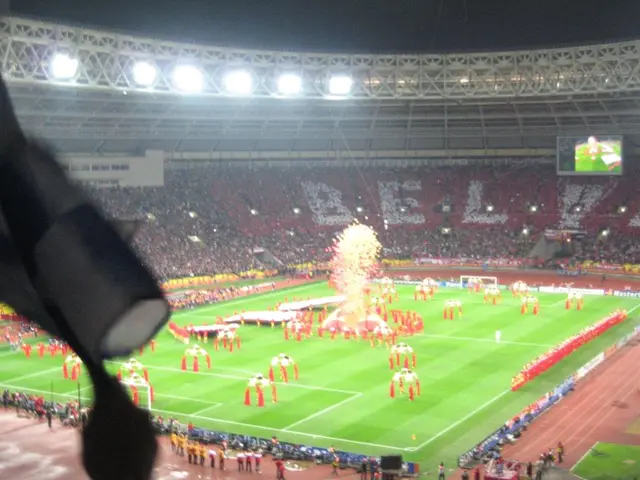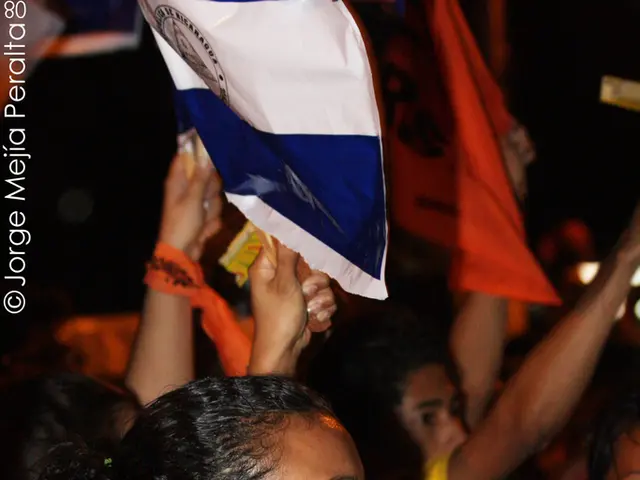International Court of Justice (ICJ) Dismisses Genocide Accusations Against United Arab Emirates by Sudan
The International Court of Justice (ICJ) has dismissed Sudan's accusations against the UAE, claiming the Emiratis had complicity in genocide during the brutal Sudanese civil war.
Sudan brought the UAE before the ICJ, alleging their support for the paramilitary Rapid Support Forces (RSF) played a role in the genocide - accusations the Emiratis strongly denied. However, the ICJ found it "manifestly lacked" jurisdiction to rule on the case and threw it out.
A UAE official hailed the decision. "This ruling is a clear and decisive affirmation that this case was utterly baseless," said Reem Ketait, Deputy Assistant Minister for Political Affairs at the UAE foreign ministry, in a statement to AFP.
Sudan's Lengthy History of Conflict
Prior to the ruling, Ketait accused Sudan of using the case as a cynical attempt to divert attention from their own brutal record of atrocities against Sudanese civilians. The UAE signed the UN's Genocide Convention in 2005, but entered a preservation to a key clause, effectively barring other countries from suing them at the ICJ over disputes.
Since April 2023, Sudan has been torn apart by a power struggle between army chief Abdel Fattah al-Burhan and the commander of the paramilitary Rapid Support Forces (RSF), Mohamed Hamdan Daglo. The conflict has triggered one of the world's largest displacement crises and hunger crises. Famine has officially hit five areas across Sudan, according to a UN-backed assessment.
The North Darfur region has been a particular battleground, with at least 542 civilians killed in the past three weeks, according to the United Nations. The ICJ expressed concern about the unfolding human tragedy in Sudan that forms the backdrop to the present dispute.
Demand for Reparations and International Response
During hearings on the case last month, Sudan's acting justice minister Muawia Osman told the court the "ongoing genocide would not be possible without UAE complicity, including the shipment of arms to the RSF." Khartoum had urged the ICJ judges to force the UAE to stop its alleged support for the RSF and make "full reparations," including compensation to victims of the war.
The bloody conflict in Sudan shows no signs of easing, and the ICJ's dismissal of the case will likely have little impact. On Sunday, the RSF attacked Port Sudan, the army said, marking the first attack on the seat of the army-aligned government during Sudan's two-year war.
- Sudan's lengthy history of conflicts, such as the ongoing power struggle between Abdel Fattah al-Burhan and Mohamed Hamdan Daglo, has resulted in one of the world's largest displacement crises and hunger crises, with famine officially hitting five areas across Sudan.
- The ICJ's dismissal of Sudan's case against the UAE over genocide complicity may not halt the ongoing conflict in Sudan, as evidenced by the recent RSF attack on Port Sudan, the seat of the army-aligned government.
- Prior to the ICJ ruling, UAE officials accused Sudan of using baseless accusations of complicity in genocide as a diversion tactic from their own record of atrocities against Sudanese civilians, despite the UAE's ratification of the UN's Genocide Convention in 2005.








